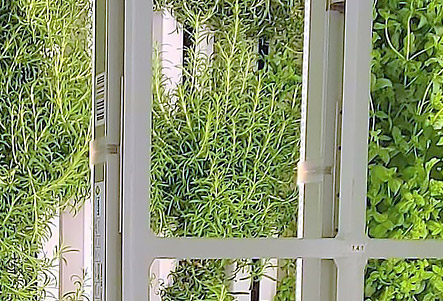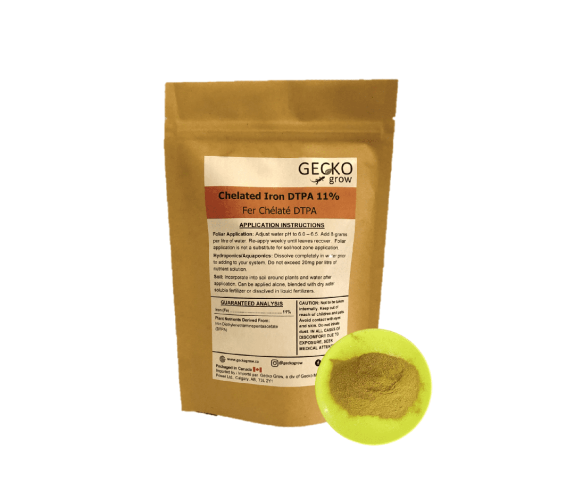Showing 33–48 of 73 results
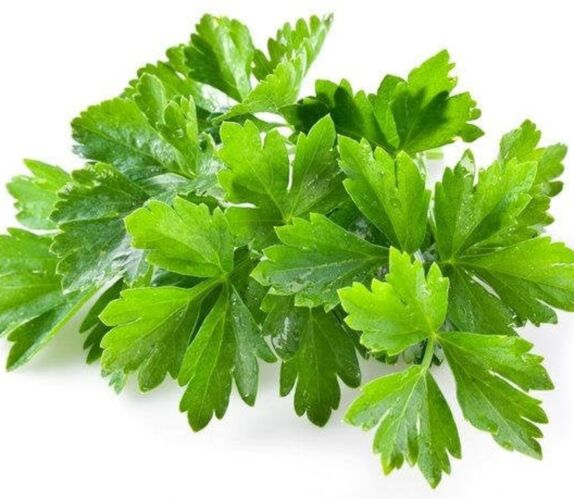
Cilantro
Probably the most controversial of herbs! You either love it or hate it.
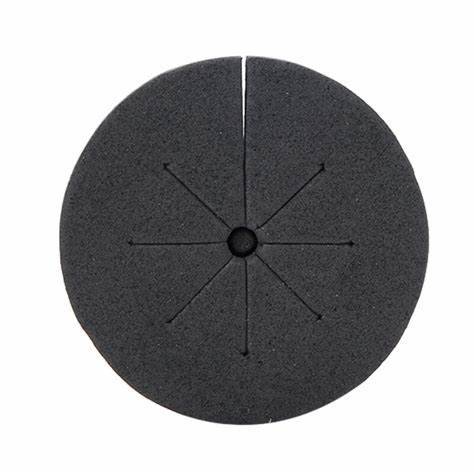
Plant Collars
Keep your growing media in place and provide your plants with extra support. Durable, but gentle enough for even the smallest seedlings.

Coco Coir
Very low sodium, pre-washed 100% coco coir. A sustainable and renewable product made from the outer husk of coconuts, which is a byproduct of the coconut industry.
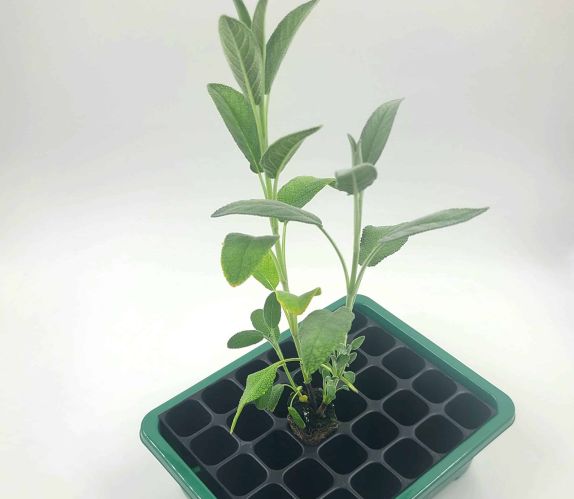
Hydroponic Sage
Save up to 8 weeks of growing time with our hydroponic sage.
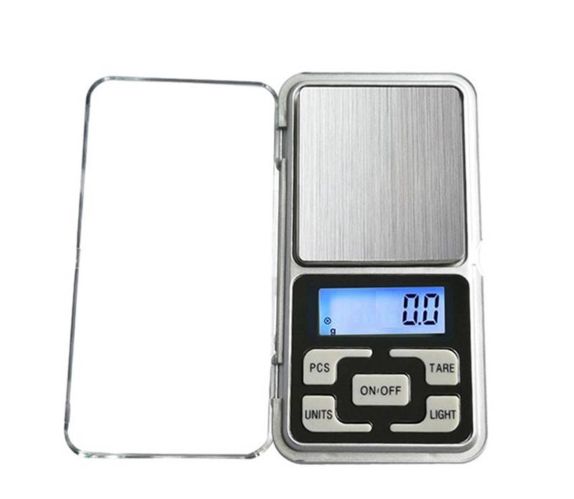
Digital Weighing Scale
A compact scale perfect for quickly and accurately weighing nutrients to ensure proper dosing.
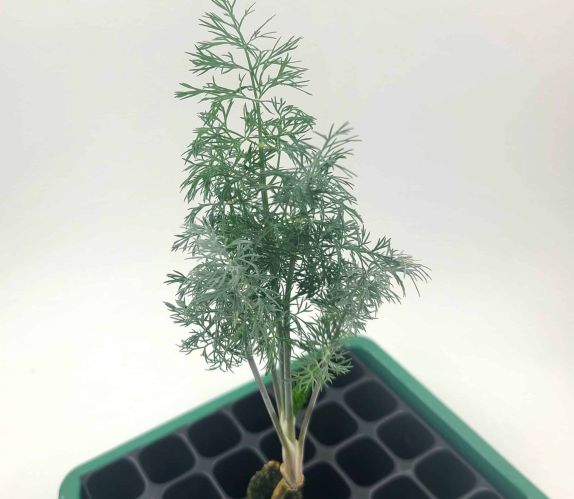
Hydroponic Dill
Grown year round in our vertical farm in South East Calgary, this productive, slow-bolting dill with full, densely packed leaves.
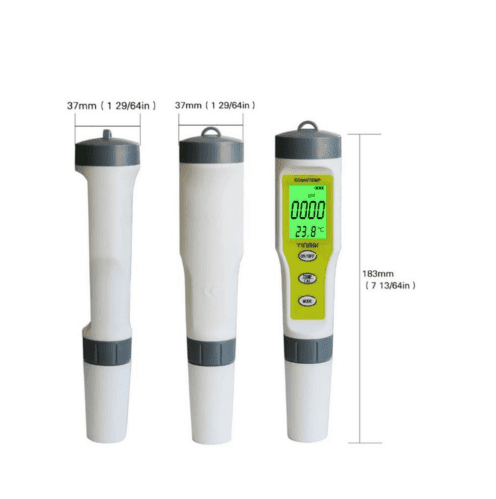
pH and EC Meter for Hydroponics
Monitor the conductivity, pH, and temperature of your hydroponic nutrient solutions
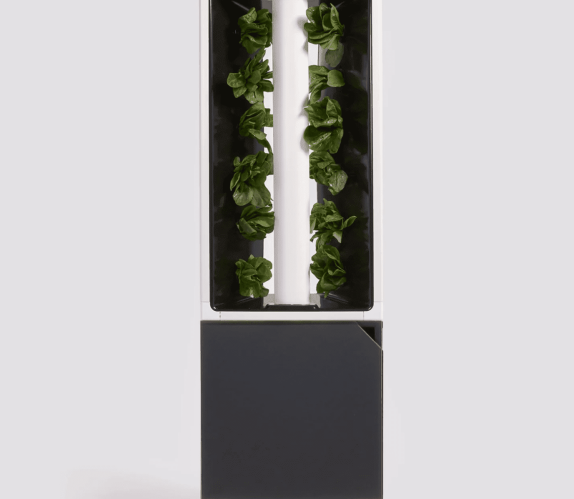
Eve Indoor Vertical Garden
Combining modern furniture design with plant science, The Eve home garden is easy to use and ideal for growing a wide variety of herbs and leafy greens.
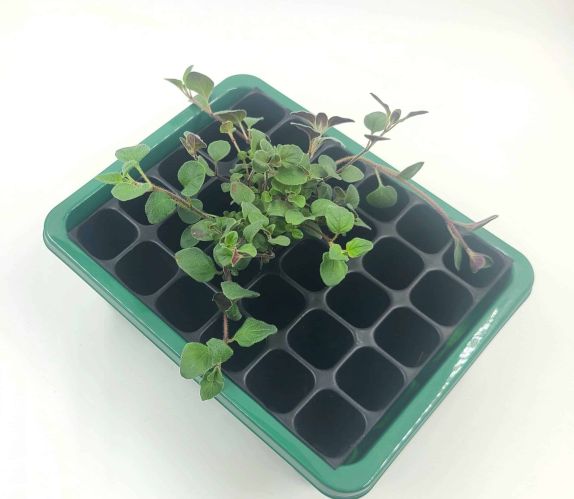
Hydroponic Greek Oregano Starter Plants
Save up to 8 weeks of growing time with our Hydroponic Greek Oregano Starter Plants.
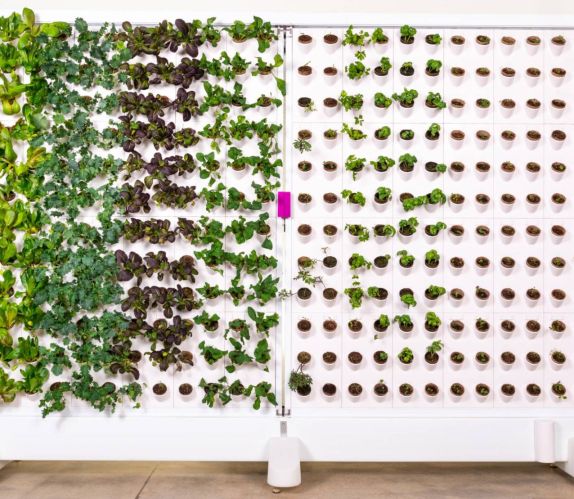
360 Plant Indoor Garden
This 360-plant indoor garden kit includes everything you need to start growing your own food all year round.
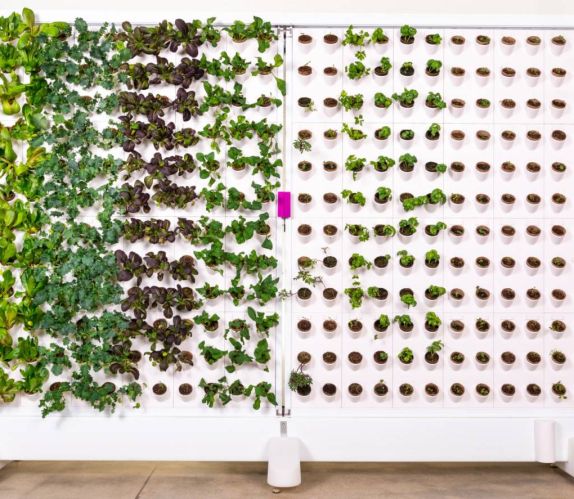
Harvest Today Indoor Wall Garden
This modular, easy to maintain design is ideal enabling communities of all sizes to access fresh, locally grown food all year round.
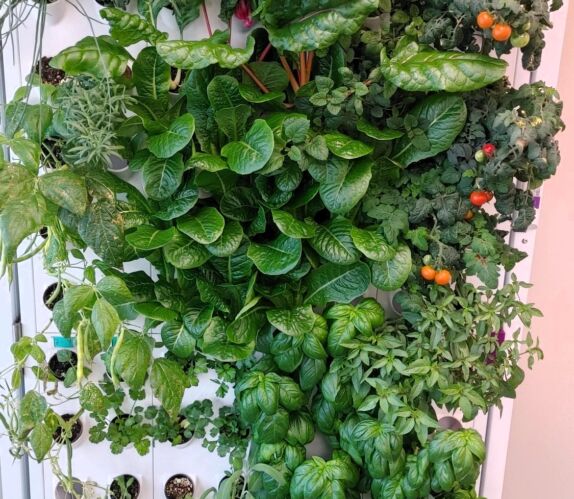
72 Plant Port- Indoor Garden Kit
This 72 plant port- indoor garden kit includes everything you need to start growing your own food all year round.
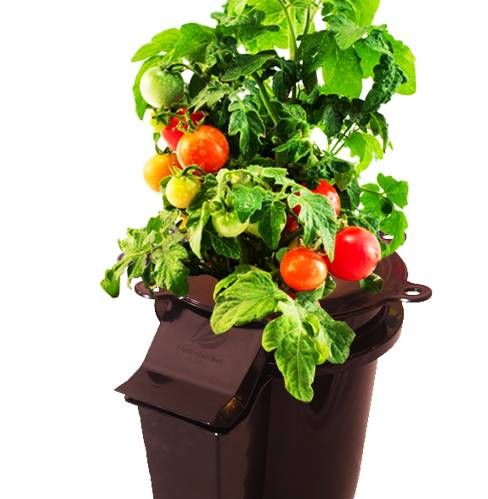
Hydrobucket
The Hydrobucket provides growers with a dependable, easy to maintain solutions to get the most out of Deep Water Culture gardens.
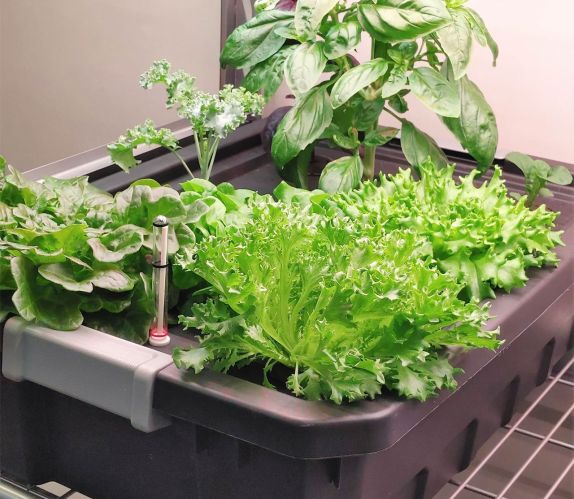
Hydroponic Gardening Bin
A hydroponic gardening bin is one of the easiest and most cost effective ways to get started with hydroponic gardening.
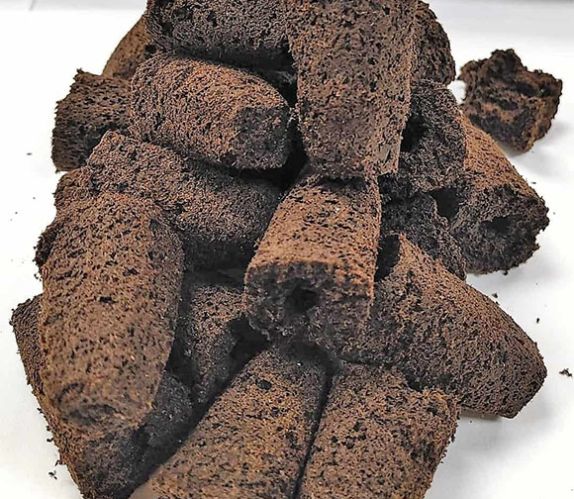
Hydroponic Growing Plugs
Clean, soilless hydroponic growing media for growing from seed to full-size plants.



